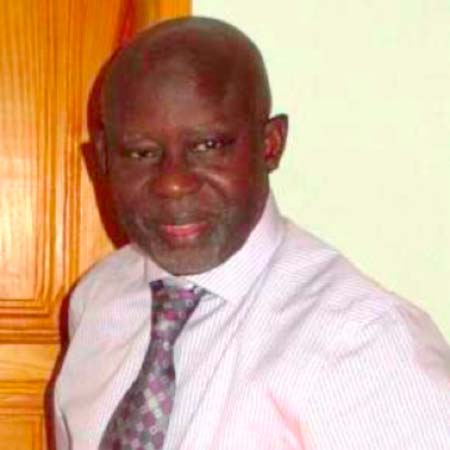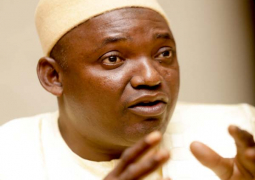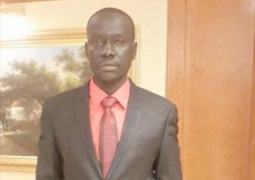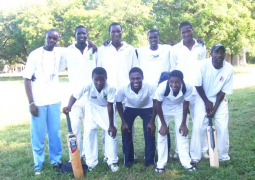
The
Banjul High Court presided over by Justice Eunice Dada on Tuesday 12 July 2016,
adjourned the trial involving Lawyer Ousainou Darboe, leader of United
Democratic Party (UDP), and 19 others, for adoption of addresses.
When
the case was announced during Tuesday’s proceedings, the Director of Public
Prosecutions (DPP) Barkun told the court the matter was slated for adoption of
written addresses.
He
further told the court that they have filed the prosecution’s written address,
and that subject to the court’s convenience they wish to adopt it.
The
judge then told the DPP to serve each of the accused persons with the copy of
the said written address.
When
Darboe was asked whether he needed time to reply, he said let the court apply
the law.
However,
some of the accused persons said they are not literate, others said they had no
knowledge of the address, while others said they would leave it at the
discretion of the court.
The
judge then said that in view of the different responses from the accused
persons as to whether they wish to reply to the prosecution’s address, seven
days was given for them to reply to it.
The
case was then adjourned until 19 July 2016, for adoption of written address.
Meanwhile,
in a separate development, thirteen alleged protesters were also, on Tuesday 12
July 2016, arraigned before Justice O. Ottaba of the Special Criminal Court
Division of the High Court.
They
are Bakary Jammeh, Kaddy Samateh, Lele Bojang, Alkali Sanneh, Yaya Fatty, Solo
Huma, Muhammed Singhateh, Kemo Touray, Bakary Marong, Buba Mass, Alagie
Saidykhan, Tombong Njie, Modou Sarr, Sheriff Suma and Lamin Dampha.
They
were charged with conspiracy to commit felony, unlawful assembly, riot,
incitement of violence, interfering with vehicles, holding procession without a
permit and disobeying an order to disperse, which they all denied.
The
court then extended the bail of the two ladies, pending the filing of a formal
bail application.
The
court also ordered that the rest of the accused persons be remanded in custody
at the remand wing of the Mile 2 Central Prison, and for them to be allowed
access to family, food and clothing.




